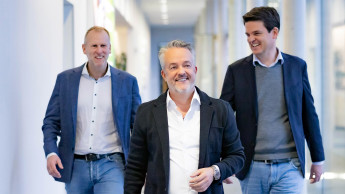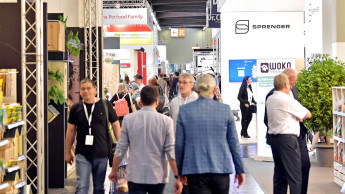Online retailing is gaining an ever higher profile, even in the pet supplies sector. In many countries it already has a market share of between 10 and 15 per cent and, moreover, it is notching up higher growth rates year on year than most bricks-and-mortar retailers. Some experts believe that the high growth rates of online retailers will tail off somewhat in the future, in saturated markets at any rate. Zooplus, Europe's leading online seller of pet products and thus representative of the sector, has recorded growth rates of between 12 and 14 per cent this year. Although these are much higher than most stationary pet stores, sales increases at Zooplus have been in excess of 20 per cent in previous years. It is evident that, in spite of increasing expenditure on marketing, even the market leader in online retailing of pet products is finding it harder to retain the loyalty of existing customers, attract new customers and remain profitable at the same time. Zooplus reported in November that its earnings before tax (EBT) in the first nine months of the year yielded a loss amounting to 13.9 mio euros. A year before this, the loss was 7.6 mio euros. The reason given by Zooplus for this trend is its higher level of investment compared with the previous year; this is surely correct, but on the Frankfurt Stock Exchange this development was met with a fall in the share price over the following days.
The case of Zooplus demonstrates that bricks-and-mortar retailers don't need to hide from the online trade in future, but they do need to adapt their stores to changing customer requirements. A great example of how to achieve this is the Plaček Group's new Super Zoo pilot store in the Czech capital, Prague. Here the focus is firmly on visual communication with the consumers. Fascinating themed presentations await customers in the aquarium and reptile departments, turning a visit to the store into a genuine experience.
All-time high
Interzoo 2024, which will take place from 7 to 10 May in Nuremberg, will be bigger and more international than ever. Well over 2 000 companies from around 70 …
One major innovation at Super Zoo is a number of e-shop terminals at which customers can directly order products that are not currently available in store. This example shows that if stationary retailers invest in their stores, modernise them systematically and furthermore exploit the potential of the Internet themselves, they will continue to enjoy success in…



 Menü
Menü






 6/2019
6/2019













 Newsletter
Newsletter